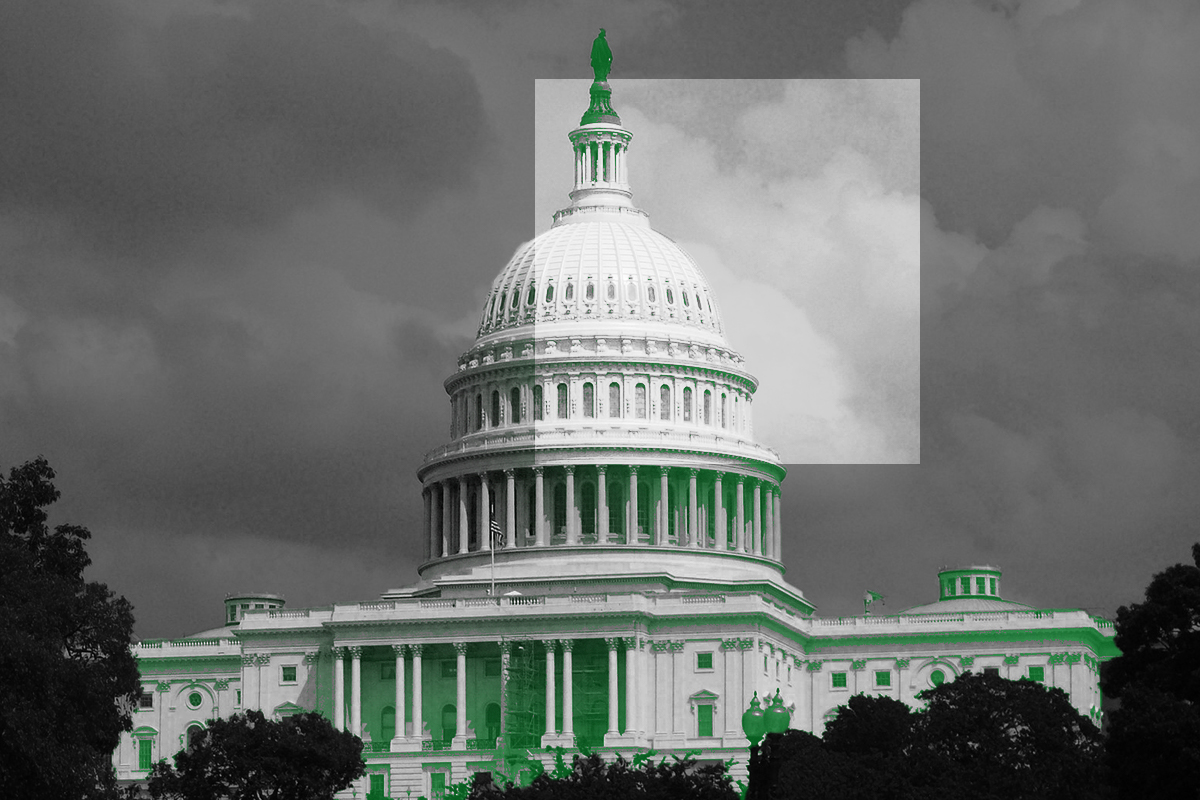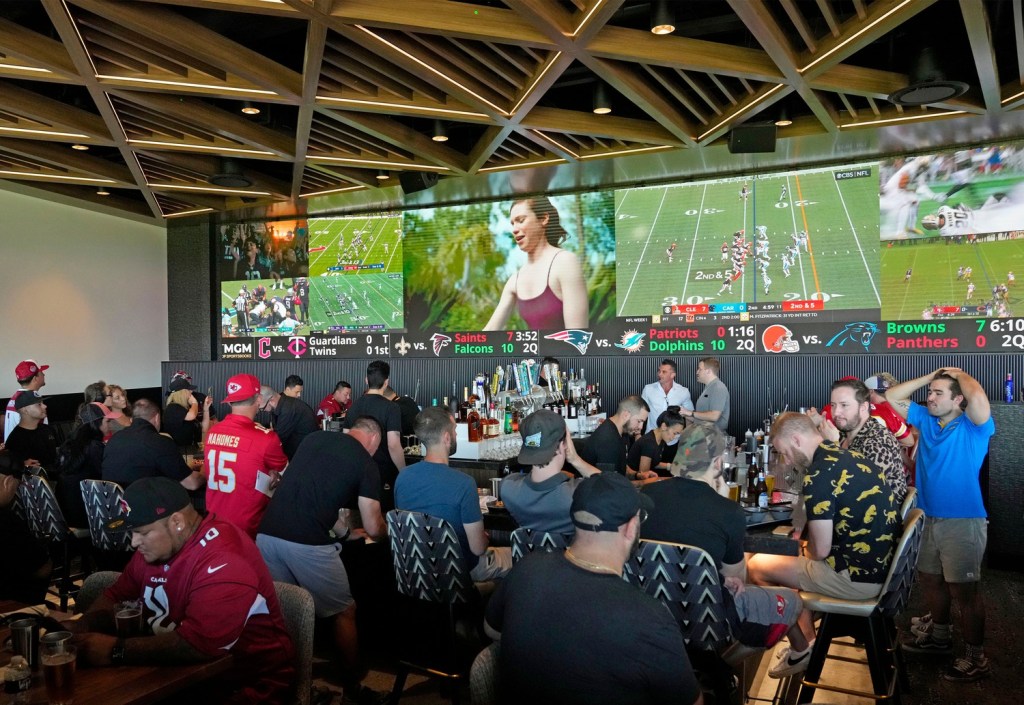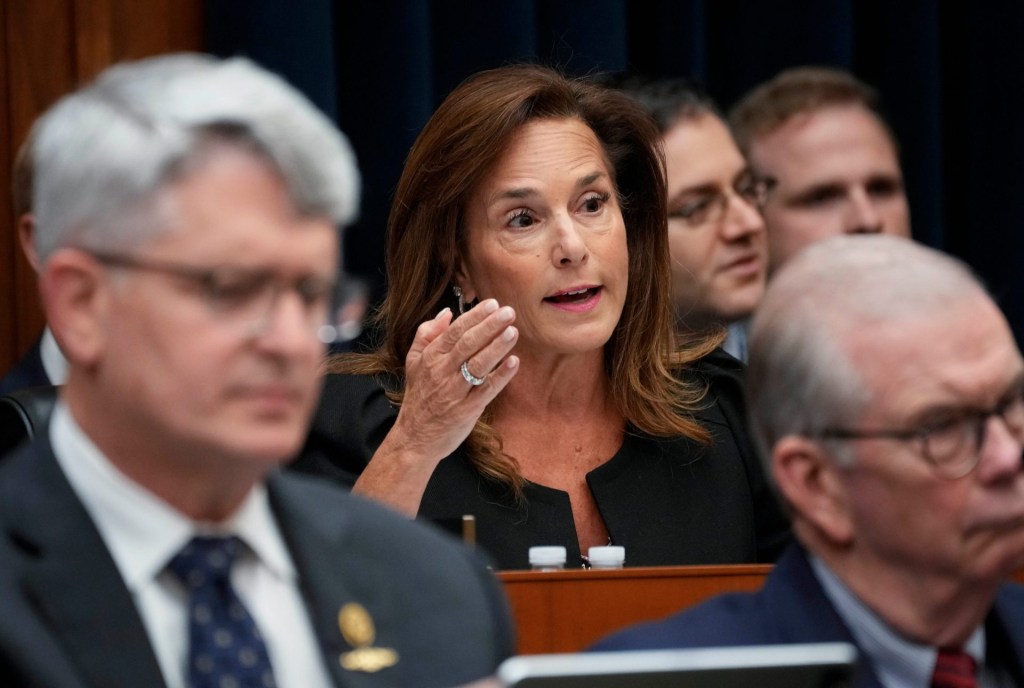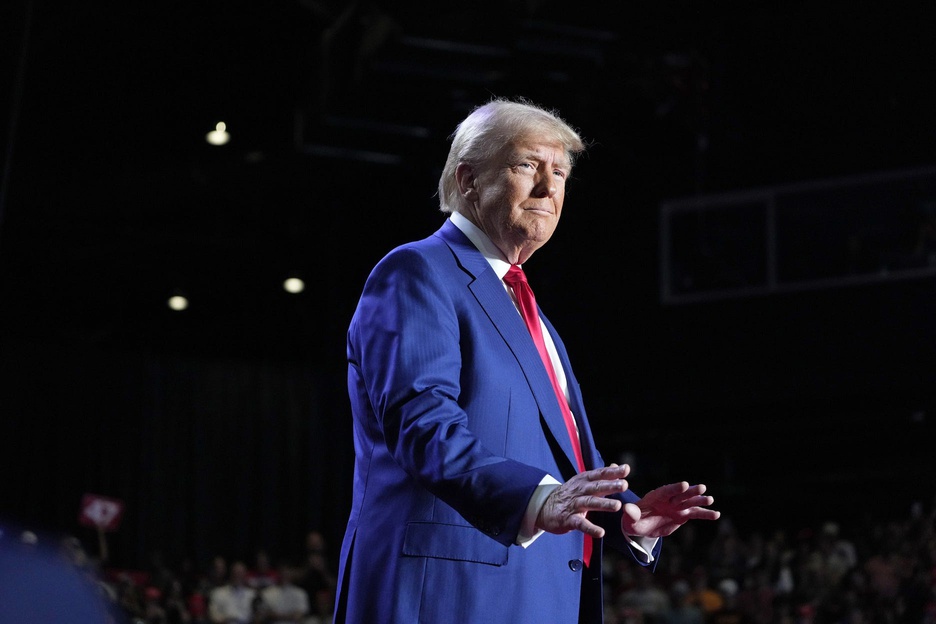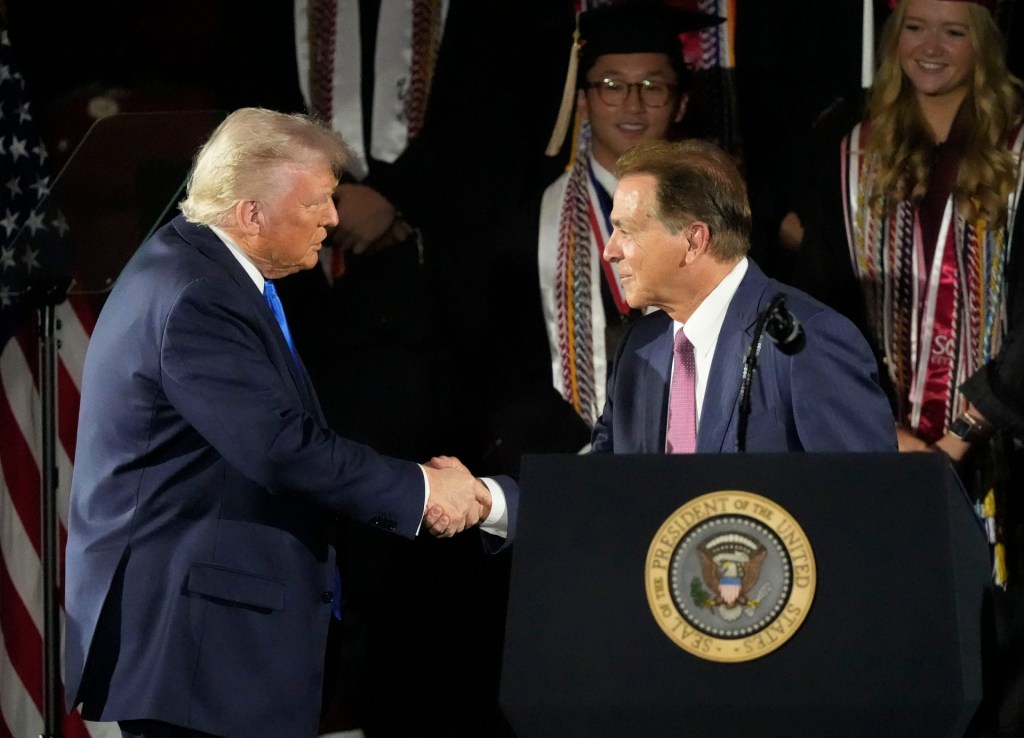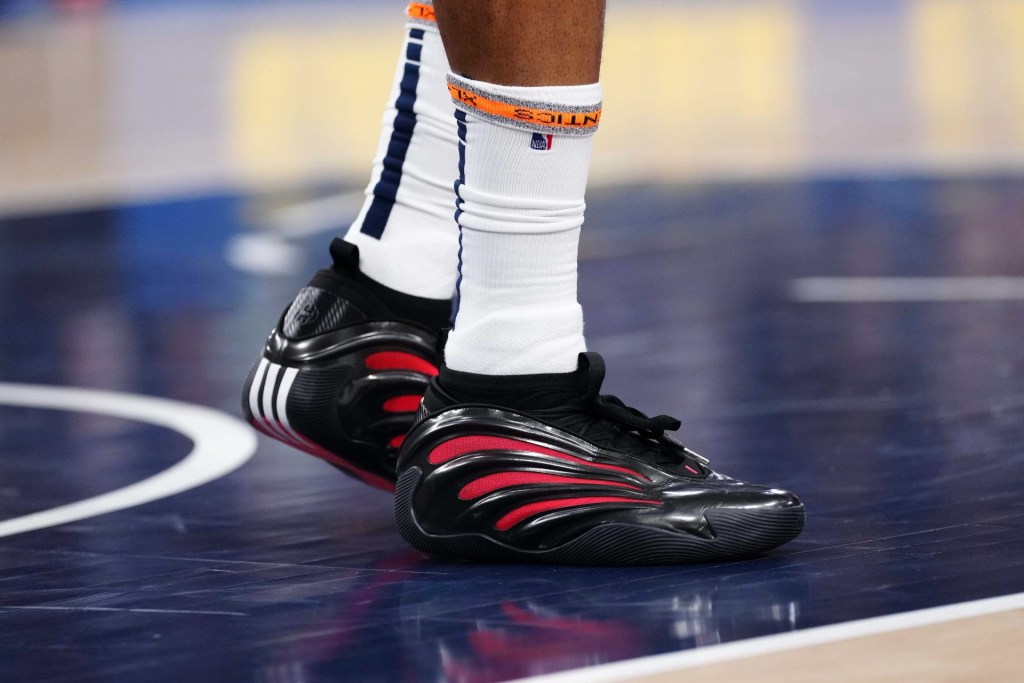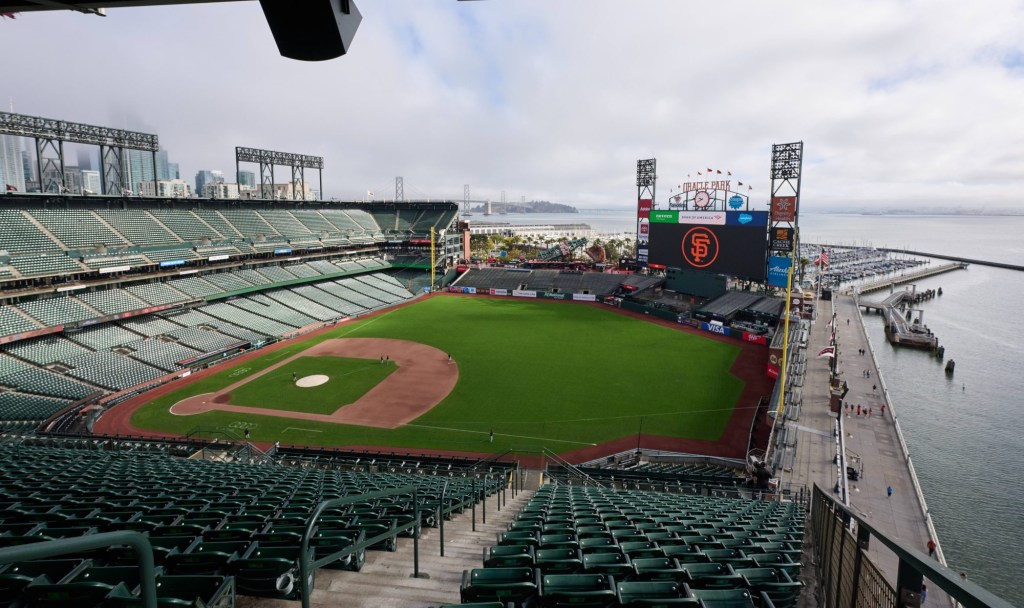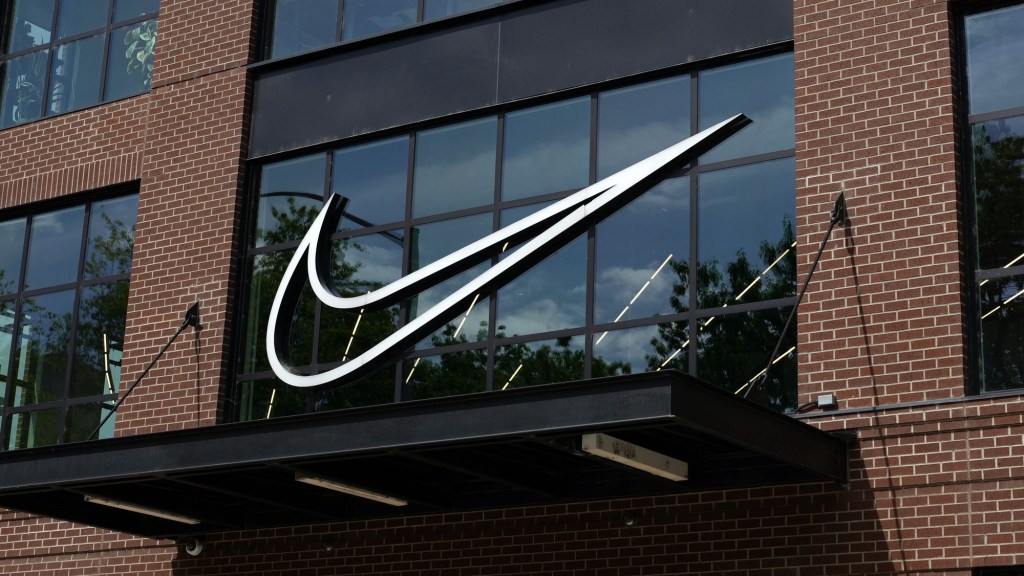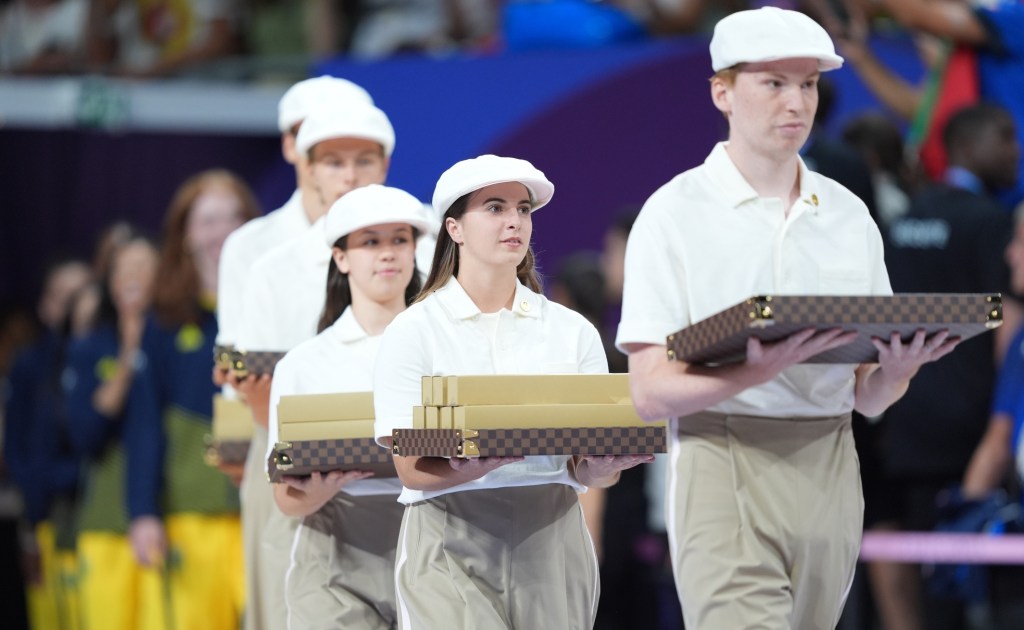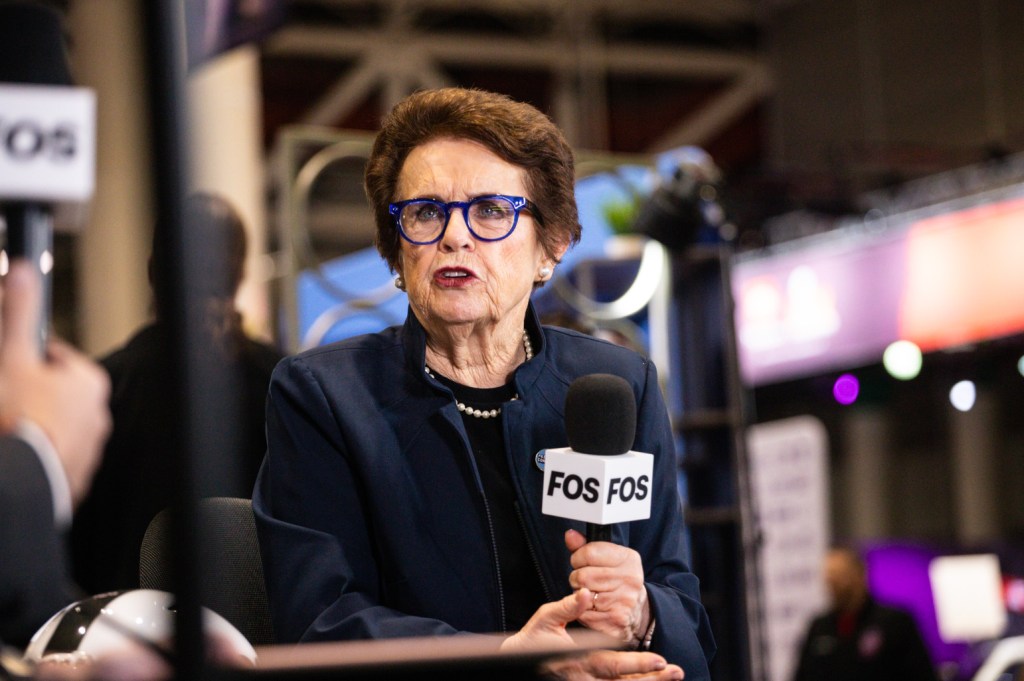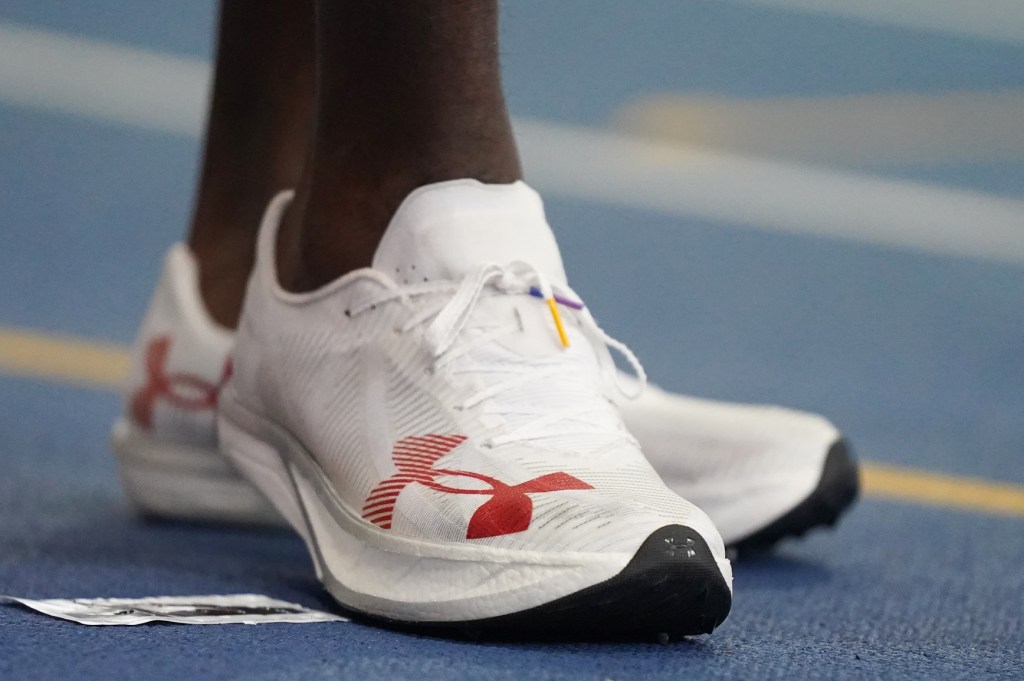Less than a month after the GameStop trading frenzy, the House Committee on Financial Services interviewed the key players in a Congressional hearing led by congresswoman Maxine Waters (D-CA).
Vlad Tenev, CEO of Robinhood
Tenev apologized for limiting trading of GameStop and other stocks, but stuck with his position that Robinhood did nothing wrong. The company previously stated it was forced to stop trading due to demand from its clearinghouse.
When asked if Robinhood was pressured to restrict buying, Tenev said there was “zero pressure from anyone. It was a collateral depository requirement decision made by a Robinhood securities president.” He said that Robinhood doesn’t “answer to hedge funds.”
Gabriel Plotkin, founder of Melvin Capital hedge fund
Plotkin’s goal in the hearing was to clarify what his firm’s market bet against GameStop meant. In Melvin’s eyes, GameStop’s model of brick-and-mortar stores was “being overtaken by digital downloads,” which resulted in the short.
Melvin lost more than $4 billion on GameStop and other positions. The fund had over $12 billion in assets under management at the beginning of 2021.
During the rally, Melvin accepted an investment of $2.75 billion from hedge funds Citadel and Point72, but all parties insisted it was not an “emergency cash infusion,” as many had thought.
Keith Gill, the Redditor
Gill stood by his statement that his interest in GameStop was based on his “belief that the market was underestimating the brick-and-mortar retailer’s value as well as its potential to pivot to a digital business model.”
The Redditor is facing a class action lawsuit which accuses him of representing himself as an amateur investor when he’s actually a licensed professional. “I do not have clients, and I do not provide personalized investment advice for fees or commissions,” he said.
GameStop’s stock price briefly rose after Gill’s testimony, but was down more than 11% on the day to $40.69 at market close — a long way from its $483 peak in January.
